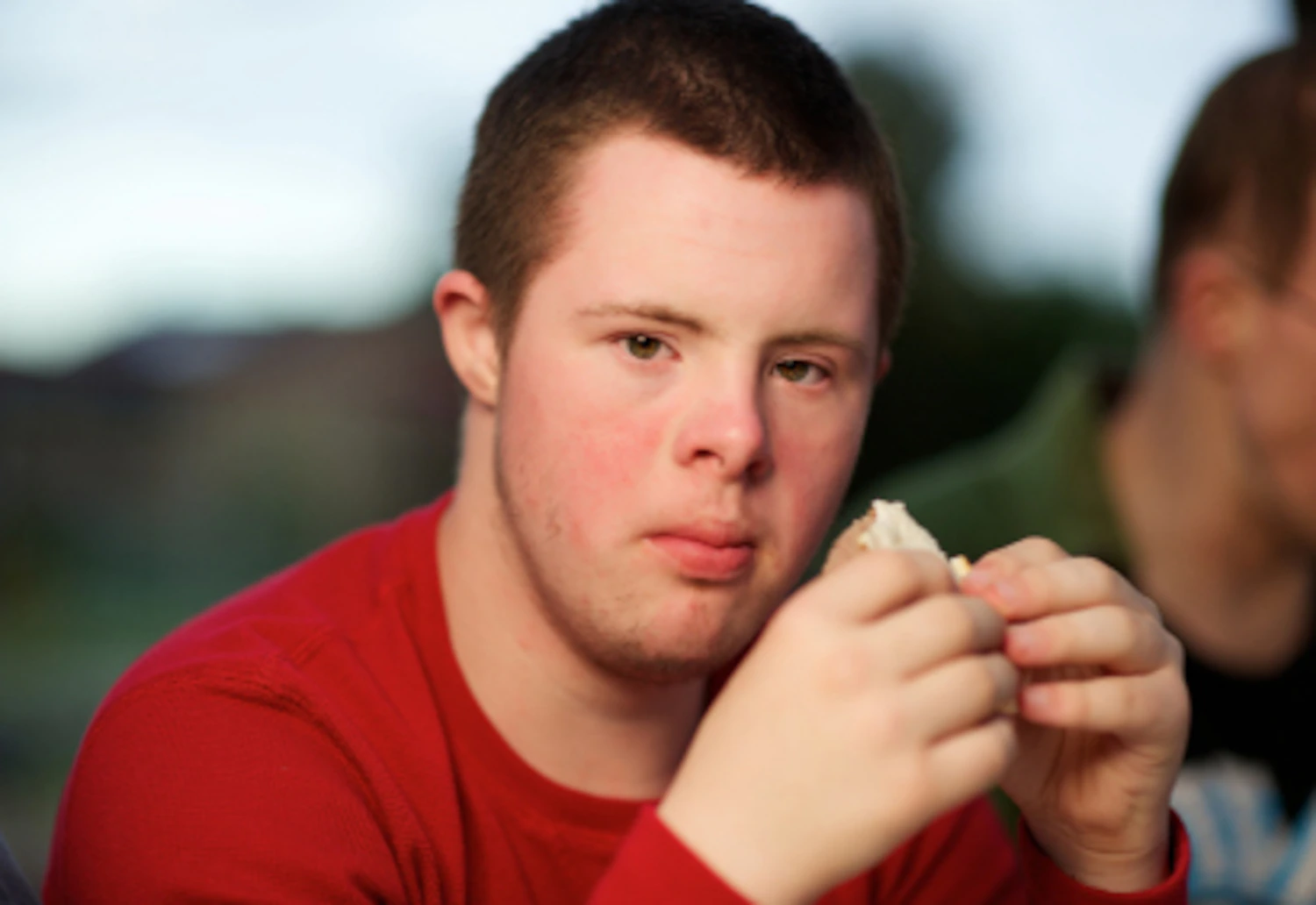A woman stands at the bottom of a large staircase. Eyes, she looks for an elevator. There are not any. Resigned, she slowly begins the climb. After four or five steps, she is already out of breath and has to take a break. She resumes the ascent and stops again. She feels on her the contemptuous glances of people who must circumvent her. An individual exclaims aloud: ” She just has to lose weight!”. She feels her face turn scarlet. It is a little round, it is true. But her shortness of breath and dizziness is not caused by her being overweight, but rather by the severe heart condition she has suffered from for several years. The temptation is great to return to her home and lock herself up there to escape these daily attacks that still hit her so deeply. She closes her eyes, tries to regain her composure, then struggles to move again.
LESS DISCRIMINATION, MORE MISUNDERSTANDING
The Flammarion dictionary of medicine defines the term handicap as follows: “disadvantage resulting from a deficiency or an incapacity which hinders or limits the subject in the accomplishment of his social role.” We immediately think of a person who moves around in a wheelchair or a blind person who walks around with a white cane. Sometimes, however, the disability, although very real, is difficult for others to notice. It is then called invisible.
This character of invisibility certainly has advantages, the most notable being that those who suffer from it are less likely to be the object of a priori discrimination. On the other hand, because their medical condition is not apparent, they regularly expose themselves to incomprehension and the disapproving judgment of third parties.
Examples?
There is the individual who suffers from a traumatic brain injury and who, despite appearing perfectly normal, experiences problems with organization, attention, and memory. His slowness and continual fatigue exasperate those around him who judge that he is not making enough effort.
There is also this student who has learning disabilities, which earned him the qualifiers of lazy, unmotivated, or indifferent.
Then there is the deaf person who is thought to be stupid or haughty because he does not respond to the greetings of his interlocutor.
A POPCORN STORY
To be frank, I must admit that I had never thought about the question of invisible handicaps, nor about their effects on daily life until the day when I went to the cinema with my lover and my son.
As often, in such circumstances, we had brought our own popcorn, and our son could not eat the one sold on-site due to multiple food allergies. That day, therefore, well settled in our armchairs, we extracted from a backpack the homemade popcorn, still lukewarm. I was looking forward to tasting this little treat when my gaze met that of a spectator, seated a little further in the same row as us. A look dripping with contempt. The individual moved forward in his seat to look, almost ostentatiously, at our little snack, then stared at me again. He said nothing but his message could not have been clearer:
The lights finally went out. My son, fortunately, had not noticed the trick of the guy. I, for my part, had just realized that my little man’s “invisible” medical condition was likely to affect his social life in a way that had escaped me until then. I ate my popcorn anyway. Will you be surprised if I confess that it didn’t taste the same as usual?
WHEN YOUR LOVED ONES DON’T UNDERSTAND…
For people struggling with an invisible disability, the incomprehension that easily turns into aggression on the part of others is often difficult to bear. Regularly facing prejudice in public places due to behavior that deviates from the “normal” will cause some to become withdrawn and isolated. And the wound is even greater when the loved ones themselves fail to grasp the nature of the illness and accept the consequences. Whether out of ignorance, lack of empathy, or because it is easier to deny the disability and make the patient feel guilty, the fact remains that misunderstanding and rejection from family and friends can make an already painful situation unbearable.
Thus, the lady on the stairs mentioned at the beginning of this text (a real case, by the way) must not only endure the derogatory remarks and sidelong glances of complete strangers but also endure the insensitivity of certain relatives who do not admit that she is so often exhausted.
EDUCATE RATHER THAN ISOLATE
The realization is painful. In the face of incomprehension and insensitivity, what can be done if not educate, at the very least the relatives? As for others, I believe you have to develop solid self-esteem in order to be better equipped to react to these inconveniences of life in society. Easier said than done? Most likely. I am nevertheless certain of one thing: the solution cannot pass through isolation and the denial of its most elementary needs.
